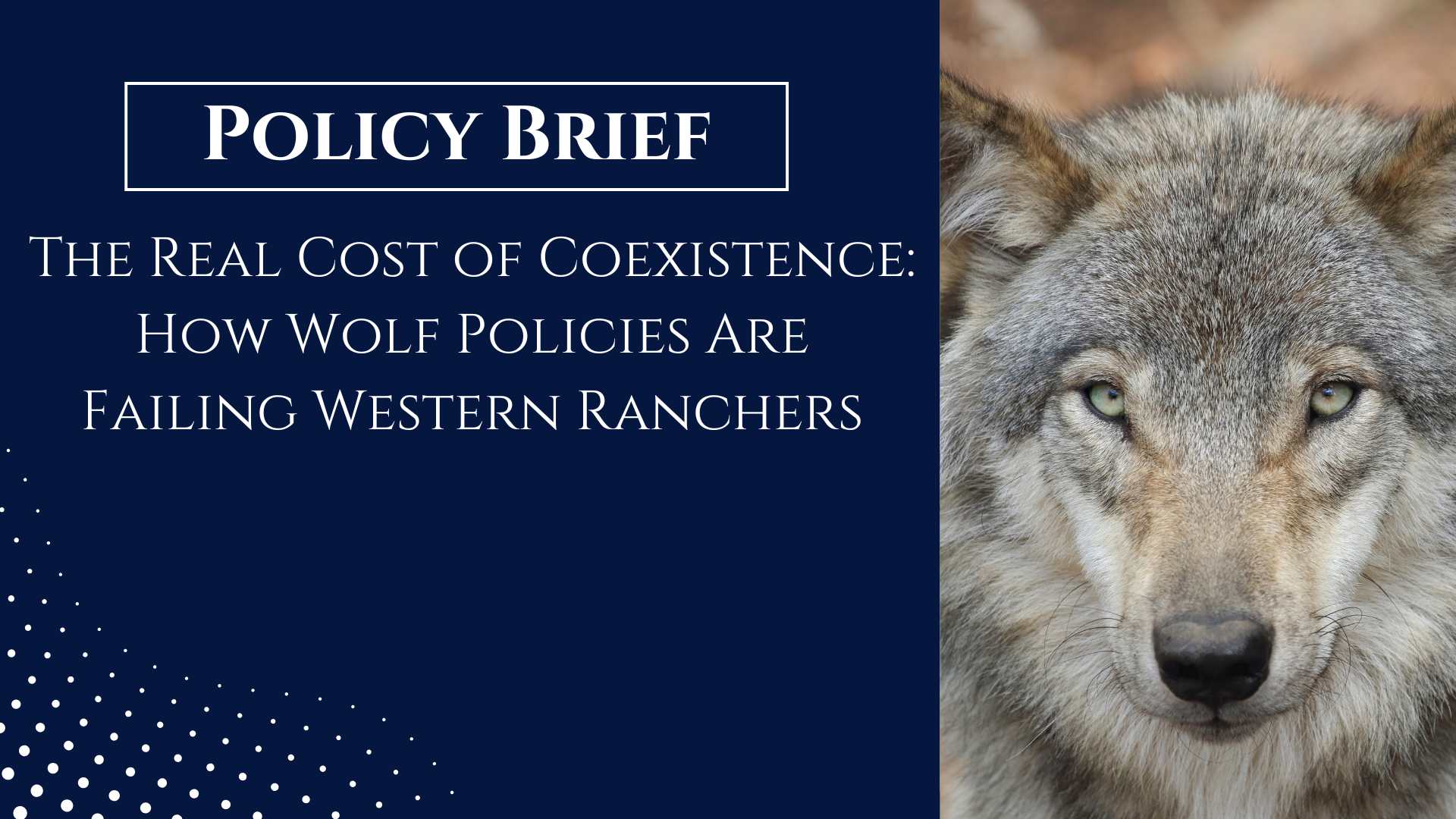Food security is often thought of as a national topic, but food security starts locally.
Washington state is part of what the U.S. Department of Agriculture has dubbed the “Fruitful Rim.” Yet, we are also home to numerous “food deserts” where food is hard to come by.
The USDA defines a food desert as a “low-income tract where a substantial number or substantial share of residents does not have easy access to a supermarket or grocery store.” More specifically, food deserts are areas where people do not have easy access to affordable, nutritious food either from a grocery store or a farmers’ market.
As we approach the most food-centric time of year with Halloween, Thanksgiving, and Christmas just around the corner, we should take a moment to examine how current food policy has hindered food access and determining what can be done to curb those issues.
Communities in and around Western Washington suffer from a lack of access to the nutritious, wholesome food grown just 150 miles away because of barriers put in place by lawmakers who don’t understand the food supply chain. For example, cattle ranchers in Washington state can sell their animals directly to consumers – alive – but few consumers have the means necessary to purchase a whole beef and then have it butchered, packaged, and frozen; let alone store approximately 400 pounds of meat in a freezer.
State legislators should revise current rules so consumers could buy beef sold to a butcher who could, in turn, sell frozen beef in small enough quantities for consumers to purchase. This would support local ranchers, small businesses, and provide locally raised meat to consumers. While trade is good and a critical part of the survival of Washington’s farms and ranches, local consumers can also benefit from having good working relationships our food producers.
Washington state’s lawmakers habitually discuss wanting to “lead the way” in climate change, labor reform, and equity. Now is their chance to “lead the way” in something meaningful to every person in our state: making food affordable and readily accessible to every Washingtonian.
Legislators should revise our current laws to make it advantageous for farmers and ranchers to sell their products here; make it easier for consumers to have direct access to locally grown produce and meat without requiring them to buy the whole cow; make “Washington Grown” the only sticker that matters in a farmers’ market, grocery store, or advertisement by accentuating the fact that our state supports the growth of virtually any food product a consumer could wish for save citrus fruits, coffee, and other tropical plants.
Allowing consumers and farmers to trade more directly, allows Washington state’s agricultural abundance to be available to families far more cost-effectively and minimize food deserts.





